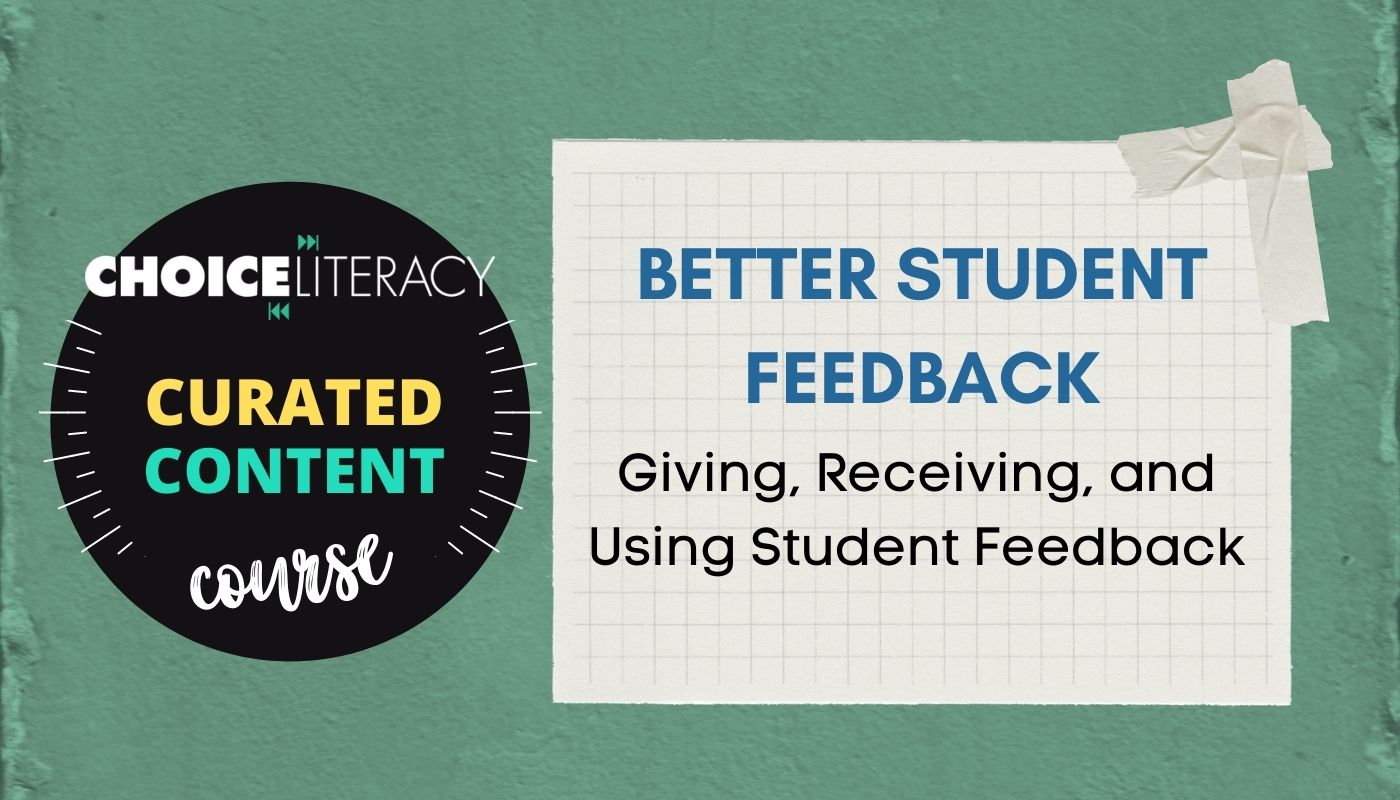It’s kind of fun to do the impossible.
—Walt Disney
Powerful and Fun(!) Assessment
Hands up if you’ve ever been to a data meeting. Unless you retired from teaching while Seinfeld was still producing new episodes, the likelihood is you’ve been to a data meeting. Multiple meetings, in fact. You might have one a quarter, or one a month, or one a week.
Teaching has become filled with data points. They can be generated, calculated, assessed, and discussed. We can drill down, analyze, and mine. We can use data to group students, select programs, and predict failure.
All of this can take a toll on our teaching souls, since many of us became teachers because we are drawn to the way a student’s eyes spark when new learning clicks. Sometimes it feels like data meetings are about lighting up the deficits rather than lighting up eyes.
This is a good time to remind ourselves that Just because I feel it, that doesn’t make it true.
The truth is, data is important to figuring out how to make more eyes light up with learning…and finding ways to make the sparks of connection happen more often.
We get data from assessment. When it’s at its best, assessment has the potential to give energy to students and teachers. If it’s been awhile since assessment has felt like an energy booster, then this week’s content is for you. We look at powerful and fun(!) assessment for readers and writers—plus more, as always.
Shine on,
Ruth Ayres
Editor in Chief

Dana Murphy describes an approach to “data-review days” that looks beyond numbers to the faces of kids and talks about all kids in all of their humanity. This article was first published in 2022.
Ruth Ayres explains how data can make students and teachers feel empowered or deflated—so much depends on what you are looking for and how you present it. This article was first published in 2018.
How much information is gathered by a teacher sitting in a rocking chair quietly watching her students? Christy Rush-Levine discovers it is plenty. This article was first published in 2015.
Are you looking for an in-person conference to attend? CCIRA is offering a remarkable lineup of voices for their annual conference. The theme is “A View From Here,” and you will be glad to be part of the learning.
In Better Student Feedback: Giving, Receiving, and Using Student Feedback, Ruth Ayres shares a wealth of resources from Choice Literacy contributors focused on the power of giving and receiving student feedback.

New members-only content is added each week to the Choice Literacy website. If you’re not yet a member, click here to explore membership options.
Christy Rush-Levine uses a one-page reading response as a simple, culminating activity to provide closure for book clubs. However, the data they offer about readers is far from simple.
In this third installment about book clubs, Leigh Anne Eck shares options for robust assessment as well as answers to some frequently asked questions.
In a video, instructional coach Holly Wenning shares ways to assess high school readers.
What do you do about those book clubs that just don’t jell in your classroom? In an encore video, Katie Doherty demonstrates how she guides a struggling group of sixth graders, helping them reflect and converse together.

New members-only content is added each week to the Choice Literacy website. If you’re not yet a member, click here to explore membership options.
David Pittman led a divided staff in determining a list of classroom instructional agreements. Rather than becoming contentious, the committee found consensus through connection and understanding. David shares the process for establishing common ground and respect for colleagues while completing the task.
Lisa Mazinas offers a variety of “viewing lenses” for coaches to use when working alongside teachers. She shares practical advice as well as a variety of possibilities to help instructional coaches tailor their feedback in specific and useful ways. Download a sampling of several viewing lenses.
In this PD2GO, Katie Doherty talks about the links between strategy lessons and book club work in her sixth-grade classroom. This session is about assessing student learning during book clubs.
Quote It:
Everyone wants to live on top of the mountain, but all the happiness and growth occurs while you’re climbing it.
—Andy Rooney
That’s all for this week!




